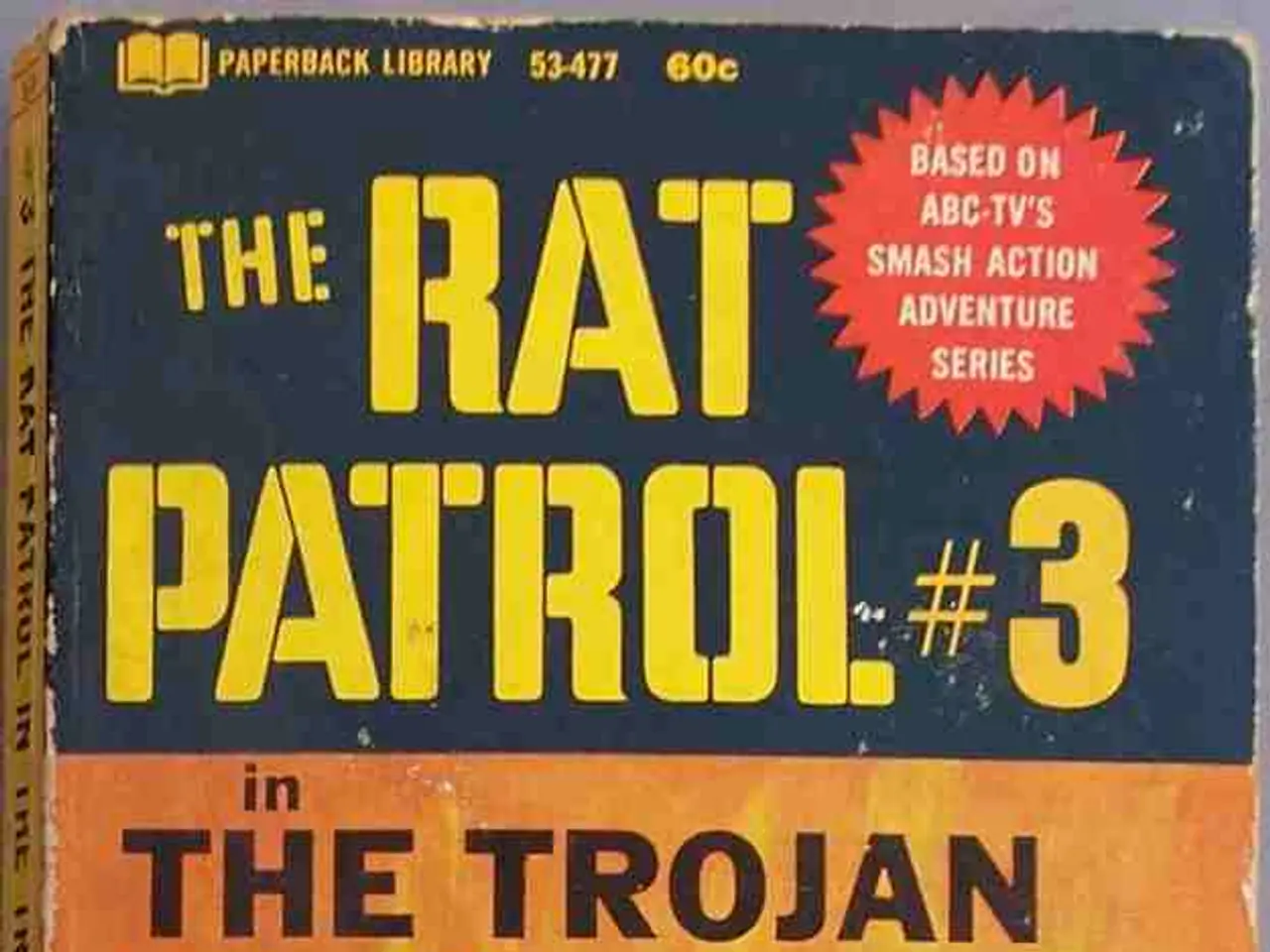"Power-grabbing Trump under scrutiny in Washington for alleged unlawful seizure of power"
In a recent turn of events, Mayor Muriel Bowser of Washington, D.C. has voiced her criticism towards President Donald Trump's decision to deploy National Guard troops to the city and place the local police force under federal control.
According to reports, President Trump invoked Section 740 of D.C.'s Home Rule Act, allowing him to take control of the Metropolitan Police and request National Guard deployment when an emergency is declared. The president cited recent violent incidents as justification, but without providing a clear timetable for troop withdrawal.
Mayor Bowser, however, argues that the deployment is politically motivated, legally questionable, and not justified by local crime conditions. She points out that the city's crime rate has been decreasing significantly, with 2024 seeing a 30-year low in violence.
The mayor's concerns extend beyond the perceived lack of a genuine emergency. She fears that the federal takeover could erode trust in the police among the local population, with some residents potentially refraining from reporting crimes due to fear of consequences.
The troop deployment has sparked large protests in the capital, reflecting public unease with federal intervention in local policing. The White House has reported some arrests and removal of homeless encampments, but the National Guard itself is said to support local enforcement rather than conducting arrests directly.
Mayor Bowser has also questioned the legality of the National Guard’s presence, describing American troops policing citizens on American soil as "un-American." She believes that the 1973 Home Rule Charter, which grants the U.S. president a certain degree of independence from the federal government in Washington, D.C., does not justify such a broad exercise of authority.
In response to the criticism, Democratic House Minority Leader Hakeem Jeffries referred to President Trump as a "wannabe king." Oppositional Democrats in the U.S. House of Representatives have accused the president of an "illegal power grab" in Washington, D.C.
Despite these concerns, Mayor Bowser believes legal resistance to Trump's decision is unlikely due to the 1973 Home Rule Charter. However, she remains resolute in her stance, advocating for full statehood for the District of Columbia to ensure access to democracy.
[1] CNN, "Washington, D.C. crime rate decreases significantly in 2024," 2024. [2] Tagesschau, "Mayor Bowser criticizes Trump's actions on Washington, D.C.," 2023. [3] The Washington Post, "Protests erupt in Washington, D.C. over National Guard deployment," 2023. [4] The New York Times, "Trump deploys National Guard troops to Washington, D.C.," 2023.
- The controversy over President Trump's decision to deploy National Guard troops in Washington, D.C. and place the local police force under federal control is a matter of crime-and-justice, politics, and policy-and-legislation, as it involves war-and-conflicts over authority and jurisdiction, with Mayor Muriel Bowser questioning the legality and justification of the troop deployment.
- Critics like Mayor Bowser argue that the decrease in the District of Columbia's crime rate, as reported by CNN in 2024, does not warrant such a drastic measure, and that the deployment of National Guard may erode trust in the police among the local population, resulting in less reporting of crimes.
- The unfolding events in Washington, D.C., including the troop deployment, protests, and legal criticism from Mayor Bowser and Democratic House Minority Leader Hakeem Jeffries, represent a general-news narrative that revolves around issues of power, control, and belief in democracy, particularly in the context of the 1973 Home Rule Charter.







